 Just like in the movie “Spider Man”, Search Engines Have Their Own… Friendly Neighborhood “Web Crawlers.”
Just like in the movie “Spider Man”, Search Engines Have Their Own… Friendly Neighborhood “Web Crawlers.”
It’s the search engines that finally bring your website to the notice of the prospective customers. Hence it is better to know how these search engines actually work and how they present information to the customer initiating a search.
Websites are repeatedly visited by robots called crawlers or spiders.
Search Engines use spiders to index websites. When you submit your website pages to a search engine by completing their required submission page, the search engine spider will index your entire site. A ‘spider’ is an automated program that is run by the search engine system. Spider visits a web site, read the content on the actual site, the site’s Meta tags and also follow the links that the site connects. The spider then returns all that information back to a central depository, where the data is indexed. It will visit each link you have on your website and index those sites as well. Some spiders will only index a certain number of pages on your site, so don’t create a site with 500 pages!
The spider will periodically return to the sites to check for any information that has changed. The frequency with which this happens is determined by the moderators of the search engine.
A spider is almost like a book where it contains the table of contents, the actual content and the links and references for all the websites it finds during its search, and it may index up to a million pages a day.
Example: Excite, Lycos, AltaVista and Google.
When you ask a search engine to locate information, it is actually searching through the index which it has created and not actually searching the Web. Different search engines produce different rankings because not every search engine uses the same algorithm to search through the indexes.
One of the things that a search engine algorithm scans for is the frequency and location of keywords on a web page, but it can also detect artificial keyword stuffing or spamdexing. Then the algorithms analyze the way that pages link to other pages in the Web. By checking how pages link to each other, an engine can both determine what a page is about, if the keywords of the linked pages are similar to the keywords on the original page.
Here Are Some Tips to Increase Ranking and Website Traffic
It’s a GOOD IDEA to keep these points in mind as they will lead to increased website traffic and search engine rankings.
- Create a site with valuable content, products or services.
- Place primary and secondary keywords within the first 25 words in your page content and spread them evenly throughout the document.
- Research and use the right keywords/phrases to attract your target customers.
- Use your keywords in the right fields and references within your web page like Title, META tags, Headers, etc.
- Keep your site design simple so that your customers can navigate easily between web pages, find what they want and buy products and services.
- Submit your web pages i.e. every web page and not just the home page, to the most popular search engines and directory services.
- Hire someone to do so, if required. Be sure this is a manual submission. Do not engage an automated submission service.
- Keep track of changes in search engine algorithms and processes and accordingly modify your web pages so your search engine ranking remains high.
- Use online tools and utilities to keep track of how your website is doing.
- Monitor your competitors and the top ranked websites to see what they are doing right in the way of design, navigation, content, keywords, etc.
- Use reports and logs from your web hosting company to see where your traffic is coming from.
- Analyze your visitor location and their incoming sources whether search engines or links from other sites and the keywords they used to find you.
- Make your customer visit easy and give them plenty of ways to remember you in the form of newsletters, free reports, reduction coupons etc.
- Demonstrate your industry and product or service expertise by writing and submitting articles for your website or for article banks so you are perceived as an expert in your field.
- When selling products online, use simple payment and shipment methods to make your customer’s experience fast and easy.
- When not sure, hire professionals. Though it may seem costly, but it is a lot less expensive than spending your money on a website which no one visits.
- Don’t look at your website as a static brochure. Treat it as a dynamic, ever-changing sales tool and location, just like your real store to which your customers with the same seriousness.
To Your Online Sales Success,
![]()
Omar Martin, President and CEO







Dear Omar,
As an avid reader of your blog and student of John Thornhill’s Masterclass which I both been enjoying for the past year, I thought of you and I wondered if you’d be keen to join me in a Joint Venture, as I’m about to launch a new eBay related product.
As such, I am wondering if you would be interested to offer this product to your subscribers as a giveaway, and easily earn commission from its up-sell, on a 50-50 basis.
Please drop me an email and we’ll go through the details, should this raise your interest.
Thanking you in advance for your time and consideration.
Wishing you a blessed day.
Kind Regards,
Nicolas Baron
nicolas@nicolasbaron.com
http://www.nicolasbaron.com/
http://www.ebay-traffic-xplosion.com/free